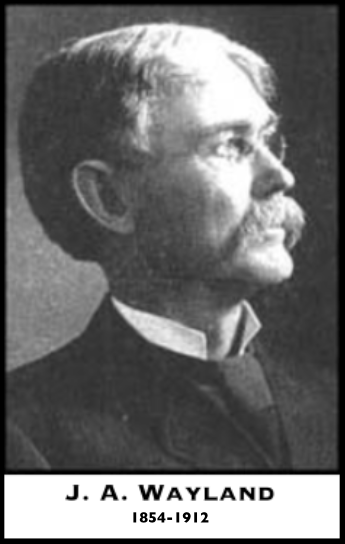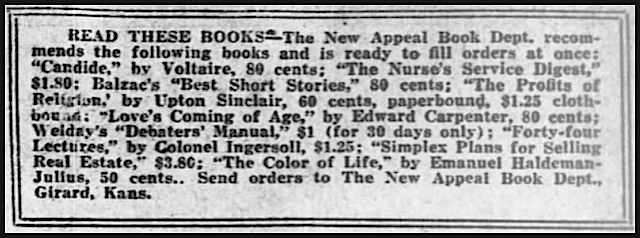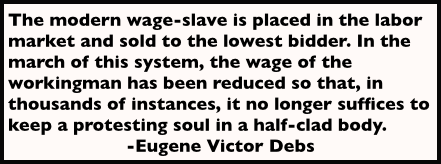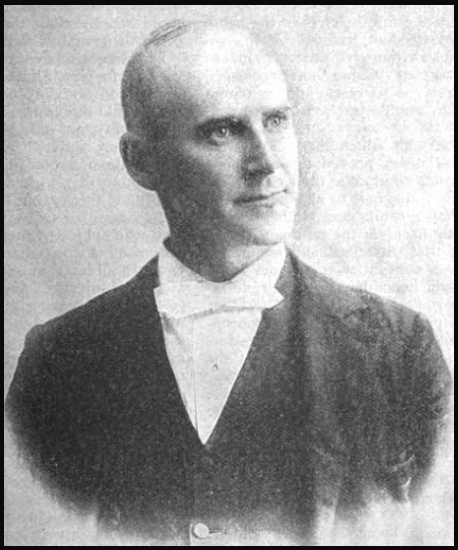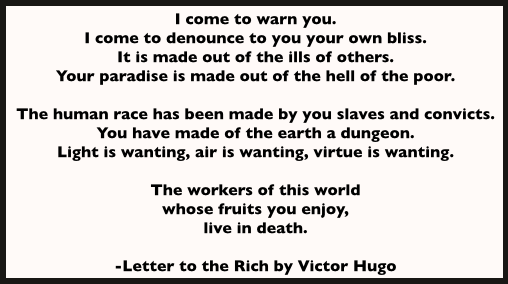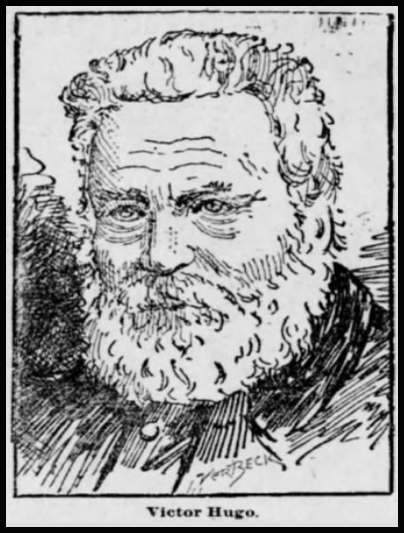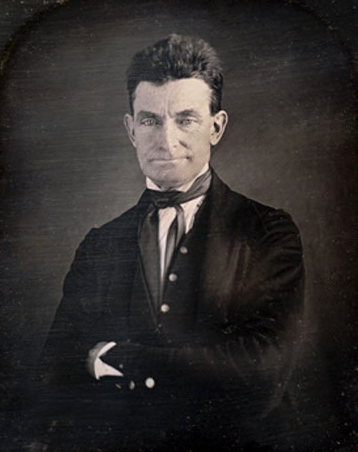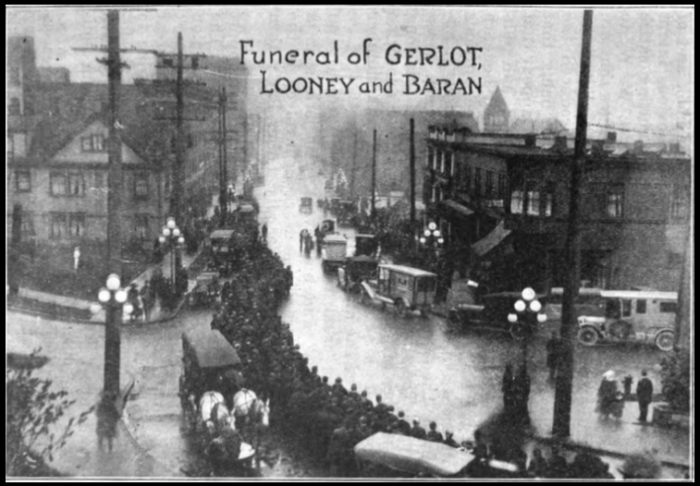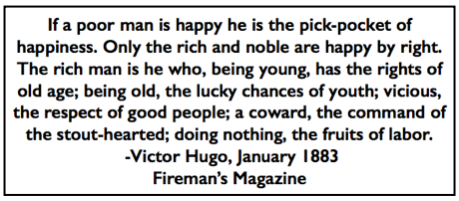 ———-
———-
Hellraisers Journal – Tuesday September 4, 1900
“Outlook for Socialism in the United States” by Eugene V. Debs
From the International Socialist Review of September 1900:
[Part II of II-by Eugene Debs, Social Democratic Party’s Candidate for President.]
What the workingmen of the country are profoundly interested in is the private ownership of the means of production and distribution, the enslaving and degrading wage-system in which they toil for a pittance at the pleasure of their masters and are bludgeoned, jailed or shot when they protest—this is the central, controlling, vital issue of the hour, and neither of the old party platforms has a word or even a hint about it.
As a rule, large capitalists are Republicans and small capitalists are Democrats, but workingmen must remember that they are all capitalists, and that the many small ones, like the fewer large ones, are all politically supporting their class interests, and this is always and everywhere the capitalist class.
Whether the means of production—that is to say, the land, mines, factories, machinery, etc.—are owned by a few large Republican capitalists, who organize a trust, or whether they be owned by a lot of small Democratic capitalists, who are opposed to the trust, is all the same to the working class. Let the capitalists, large and small, fight this out among themselves.
The working class must get rid of the whole brood of masters and exploiters, and put themselves in possession and control of the means of production, that they may have steady employment without consulting a capitalist employer, large or small, and that they may get the wealth their labor produces, all of it, and enjoy with their families the fruits of their industry in comfortable and happy homes, abundant and wholesome food, proper clothing and all other things necessary to “life, liberty and the pursuit of happiness.” It is therefore a question not of “reform,” the mask of fraud, but of revolution. The capitalist system must be overthrown, class-rule abolished and wage-slavery supplanted by the co-operative industry.

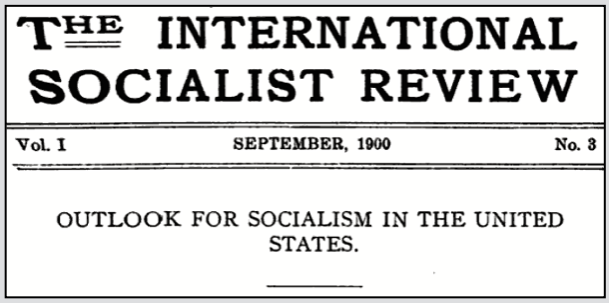
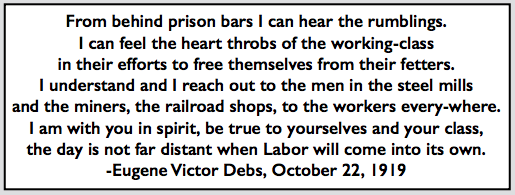 ———-
———-
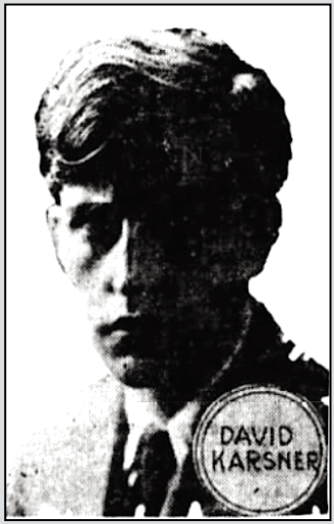

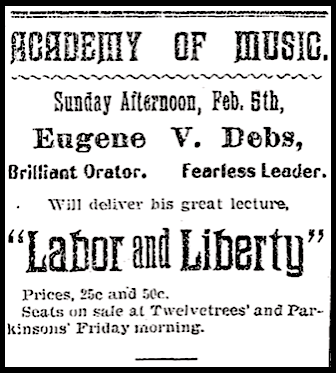
 ~~~~~~~~~~~~~~~~~~~~~~~~~~~~~~~~~~~~~~~~~~~~~
~~~~~~~~~~~~~~~~~~~~~~~~~~~~~~~~~~~~~~~~~~~~~